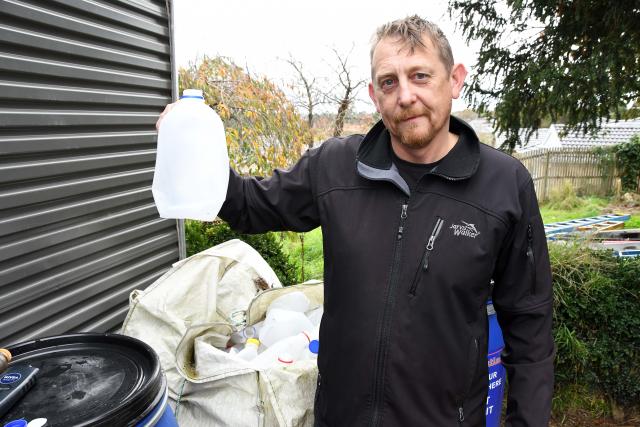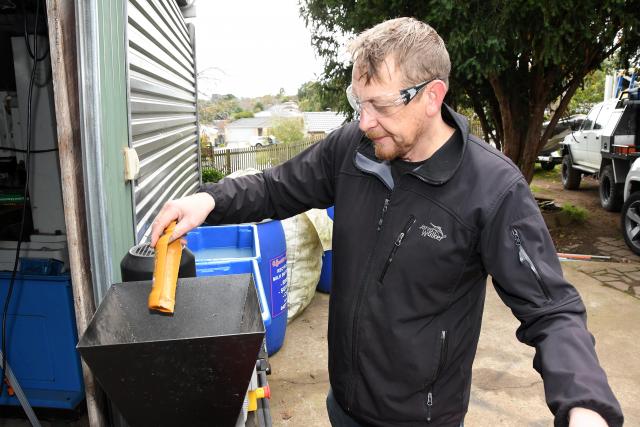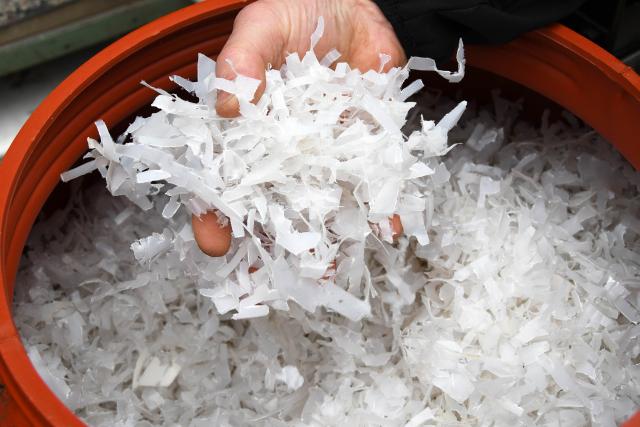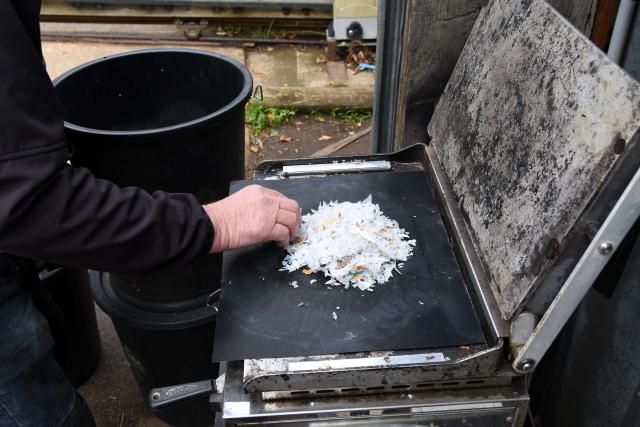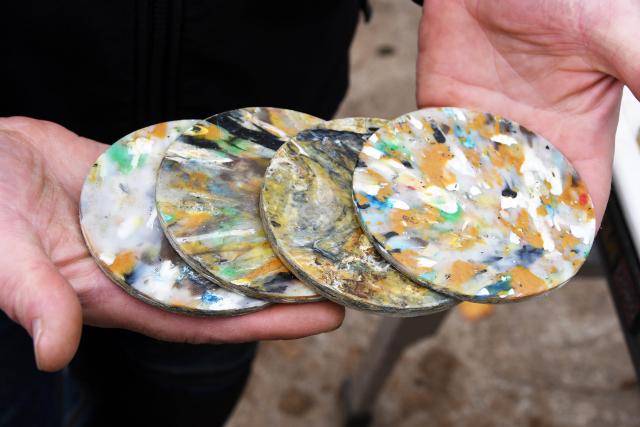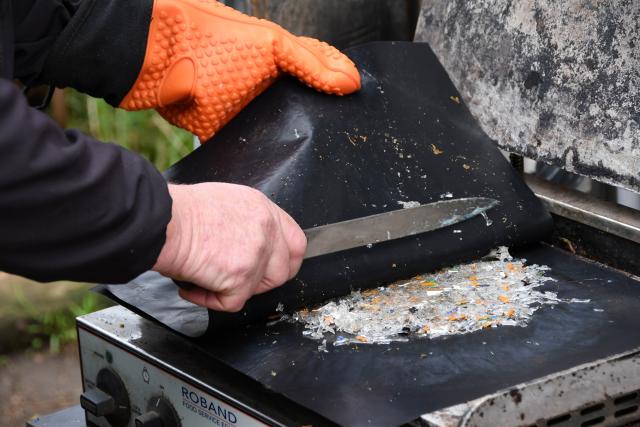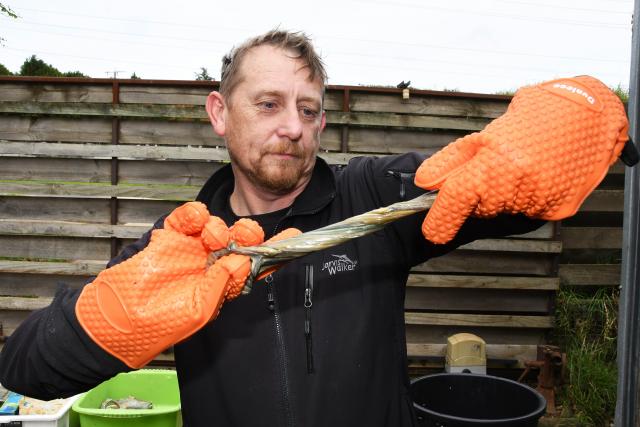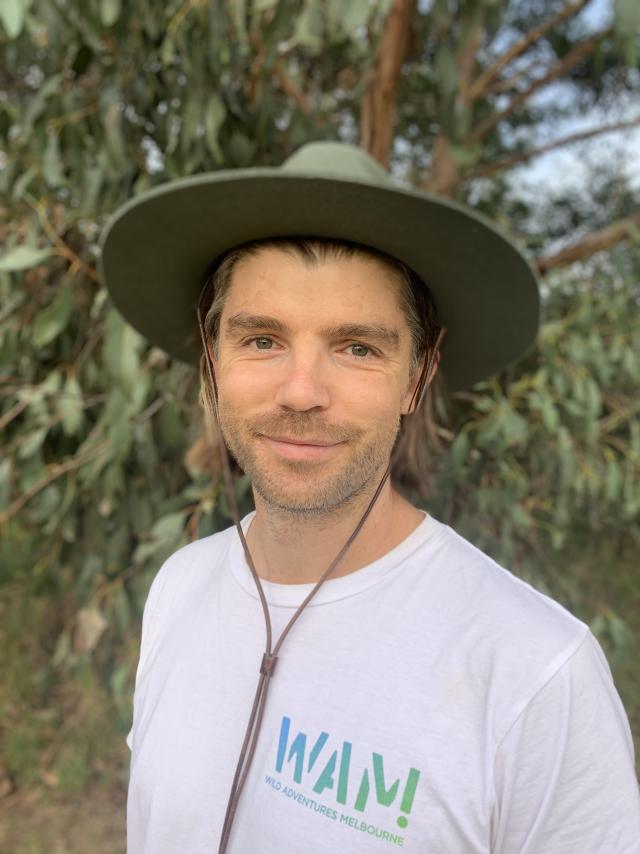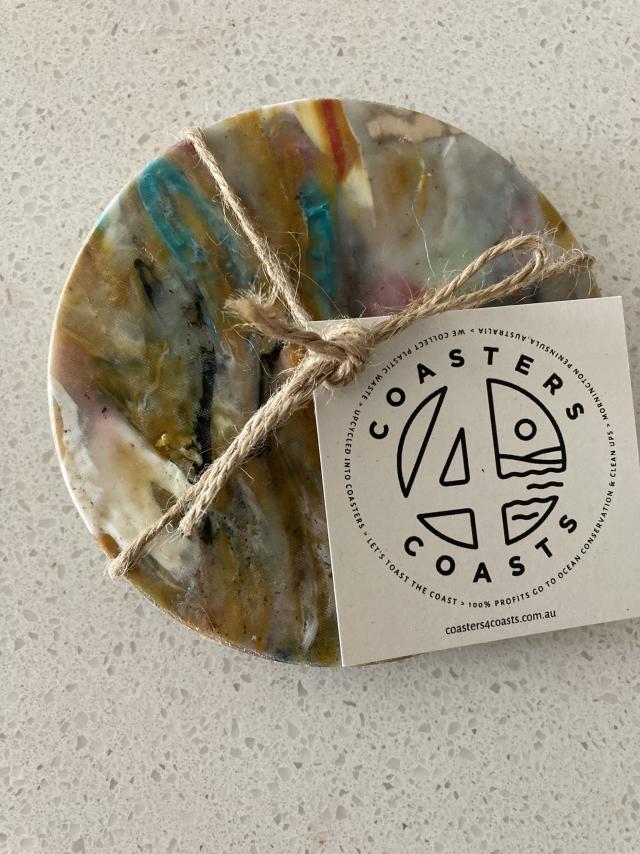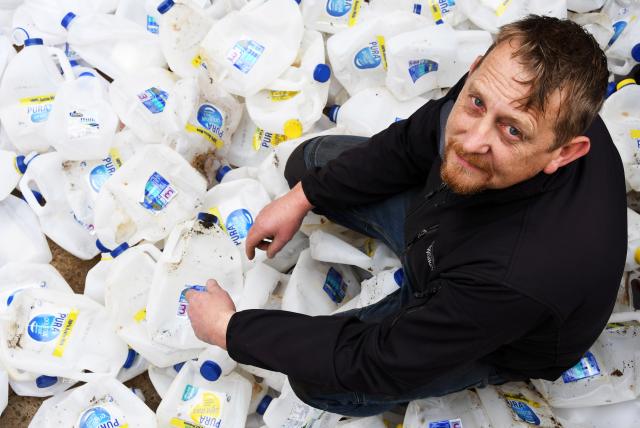
Warragul’s Corey Lewis is on a mission to make a difference in the world around him. In his spare time, Corey has been in his garage working out how to recycle plastic milk bottles into coasters, in an effort to make money for ocean clean ups, as SHELBY BROOKS reports.
“We have to live with plastics. We won’t get rid of it. The first plastic ever made is still here in some form.“
Stuck at home during Covid-19 lockdowns, Corey Lewis turned to Netflix for entertainment.
Environmental documentaries, like Plastic Ocean and Saving Plant A, began to peak his interest.
“I started to think about how much plastic I utilise,” he said.
“It gave me that motivation to think what I could do about the problem.”
As a “doer”, Corey is never one to sit idle or think something is too difficult to approach.
“I guess I’ve always been searching for that thing that puts you on the map,” he said.
“I’ve always wanted to do something good by inventing something that could make the world a better place.”
Also an avid outdoorsman, Corey has always been concerned about the land and environment around him.
“The environment does need to be looked after – we are killing it in some ways,” he said.
Inspired to do something, Corey, an electrician by trade, approached his local coffee shop to see if he could collect some of their plastic milk bottles.
He left them a small wheelie bin to fill up.
“Within a day and a half, we had to pick it up,” Corey said.
“The cafes admitted to us in the saddest way, when their recycling bin is full, they have to put the milk bottles into the normal bin, which goes to landfill.”
Over the course of a few months, Corey discovered most coffee shops went through about a bale full of milk bottles in a couple of days.
Many YouTube videos later, Corey built a plastic shredder with plans from open hardware plastic recycling project Precious Plastic and set about experimenting.
Using a commercial sandwich press, Corey was able to melt down the shredded plastic from the milk bottles to form into shapes that could harden and be used as products.
“Sixty per cent of plastic is only one time use,” he said.
“Plastic is here forever but we have to try and minimise it, reuse it and recycle it properly.”
It was during that experimentation that family friend Nic Cooper heard about Corey’s backyard set up.
Nic is the owner of Wild Adventures Melbourne (WAM), an eco-tourism company based on the Mornington Peninsula.
WAM is a regenerative tourism operator, so all experiences are designed to have a positive impact on guests, the environment and community.
“I’ve been in tourism for a long time. I’ve seen the good, bad and ugly of it and wanted WAM to be a force for good,” Nic said.
“We collect rubbish and dispose of it on our tours but ultimately there is no guarantee that it will never end up back in the ocean.”
Nic and Corey thought about how they could collaborate.
“We thought coasters because they’re simple and potentially everyone needs one. We didn’t want a complicated design,“ Nic said.
They even decided not to engrave a logo onto the coasters as the process would create microplastics.
Nic has ordered 100 coasters from Corey, with 50 per cent of proceeds going back to ocean clean-up charities and the other 50 per cent to go to Nature Conservancy.
“It’s full circle,” Corey said.
“It’s not about making money, but to educate.
“We have to live with plastics. We won’t get rid of it. The first plastic ever made is still here in some form.
“One component of plastic is oil. So we’re pulling oil out of the ground to make a product you can’t put back in the ground.”
Corey hopes people will start thinking more about their choices when purchasing single-use plastic items.
“For one time use items – just think about it. When you go to get a bottle of coke from the supermarket, maybe go back to the glass ones or a can rather than the plastic,” Corey said.
He also wants people to learn how to recycle properly.
“You need to clean them out and rinse them out and put them in the recycling bin,“ he said.
“Recycling companies say ’ah no that’s too dirty’ so you need to rinse it, squash it and cap it.“
Coasters 4 Coasts can be bought at wildadventuresmelbourne.com/template/coasters-4-coasts
Corey is looking for interested investors or volunteers to help continue his plastic recycling venture on a larger scale.
You can contact him on cj-lewis@bigpond.com or 0427 166 214.

